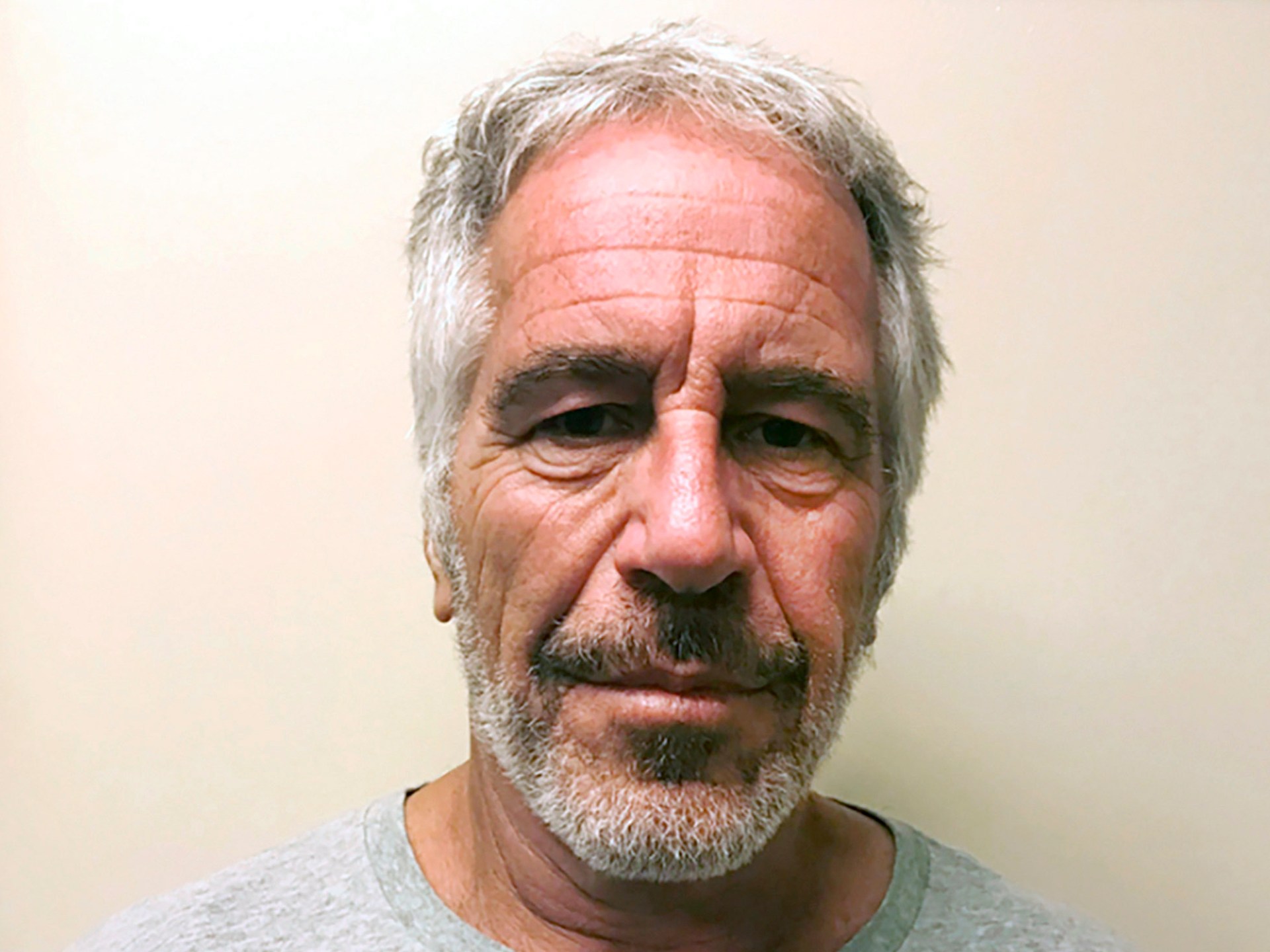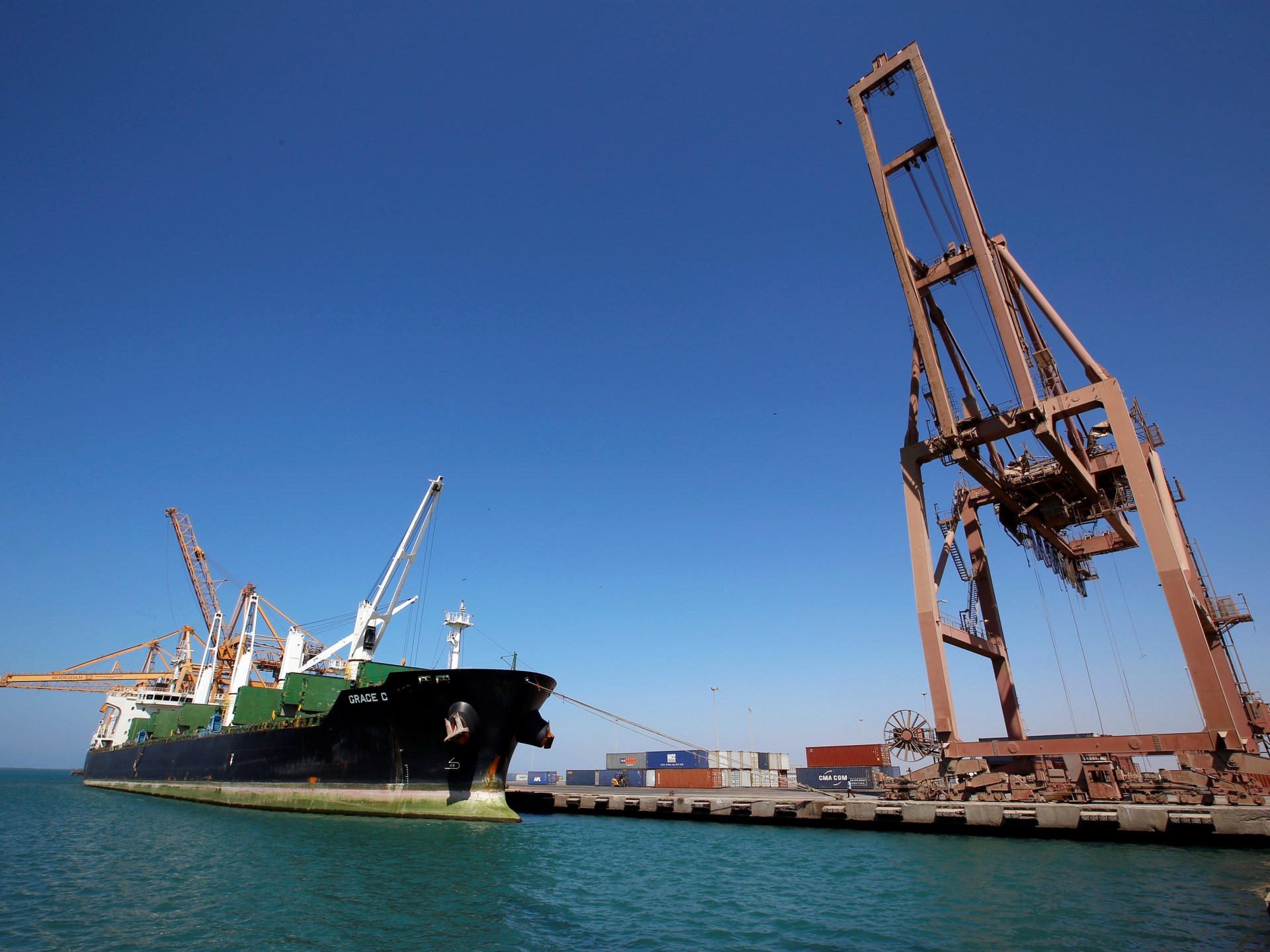
TEL AVIV, Israel (AP) — Norway, Ireland and Spain said Wednesday they would recognize a Palestinian state, a historic but largely symbolic move that further deepens Israel's isolation after more than seven months of grueling war against Hamas in the Gaza Strip. Israel condemned the decisions and recalled its ambassadors from the three countries.
Palestinian politicians welcomed the announcements as a confirmation of their decades-long pursuit of a state in East Jerusalem, the West Bank and the Gaza Strip – all territories Israel captured in the 1967 Middle East war and still controls.
While some 140 countries – more than two-thirds of the United Nations – recognize a Palestinian state, Wednesday's flood of announcements could cause a stir at a time when even close allies of Israel are under criticism for its behavior in the Gaza Strip.
The timing of the move came as a surprise, but discussions about the possible recognition of a Palestinian state have been going on for weeks in some EU countries. Supporters argue that the war has shown that 15 years after the failure of negotiations between Israel and the Palestinians, a new push towards a two-state solution is necessary. The government of Israeli Prime Minister Benjamin Netanyahu is against a Palestinian state.
It was the second blow to Israel's international reputation this week, after the International Criminal Court's chief prosecutor announced he would seek arrest warrants for Netanyahu and his defense minister. The International Court is also investigating genocide allegations, which Israel vigorously denies.
Israel summoned not only the ambassadors of the three countries but also their envoys, accusing the Europeans of rewarding the militant Hamas group for its October 7 attack that sparked the war. Foreign Minister Israel Katz said the European ambassadors would watch gruesome video footage of the attack.
In that attack, Hamas-led militants crossed the border, killing 1,200 people and taking about 250 hostage. The ICC prosecutor is also seeking arrest warrants for three Hamas leaders. Israel's subsequent offensive has killed more than 35,000 Palestinians, according to the Gaza Health Ministry, and triggered a humanitarian crisis and near-famine. The ICC prosecutor has accused Israeli leaders of using hunger as a weapon.
“History will remember that Spain, Norway and Ireland decided to award a gold medal to the murderers and rapists of Hamas,” Katz said.
In response to the announcements in Europe, Israel's far-right National Security Minister Itamar Ben-Gvir on Wednesday made a provocative visit to the site of the Al-Aqsa Mosque – a hotbed in Jerusalem that is sacred to Muslims and Jews who call it the Temple Mount.
“We will not even allow a declaration of a Palestinian state,” he said.
In further retaliation, Finance Minister Bezalel Smotrich announced that he would stop transferring tax revenues earmarked for the Palestinian Authority, a move that threatens to further affect the Authority's already declining ability to pay the salaries of thousands of employees.
Under tentative peace agreements dating back to the 1990s, Israel collects tax money on behalf of the Palestinians and uses the money as leverage against the Palestinian Authority. After the October 7 Hamas attack, Smotrich froze the transfers, but Israel agreed to send the money to Norway, which in turn sent it to the Palestinian Authority. Smotrich said on Wednesday that he would end that arrangement.
US national security adviser Jake Sullivan said the withdrawal was “wrong” because it “destabilizes the West Bank” and “undermines the Palestinian people's aspirations for security and prosperity.”
The international community considers the creation of a Palestinian state alongside Israel to be the only realistic way to resolve the conflict.
The US and Britain, among others, support the idea of an independent Palestinian state alongside Israel, but believe that this should only happen as part of a negotiated solution. Netanyahu's government says the conflict can only be resolved through direct negotiations.
Formal recognition by Norway, Spain and Ireland – all of which have a history of friendly relations with both Israelis and Palestinians and have long advocated for a Palestinian state – is scheduled for May 28.
Their announcements came in rapid succession. Norway, which helped broker the Oslo Accords that launched the peace process in the 1990s, was the first country. “There can be no peace in the Middle East if there is no recognition,” said Prime Minister Jonas Gahr Støre.
The country plans to upgrade its representation in the West Bank to an embassy.
Irish Prime Minister Simon Harris called it a “historic and important day for Ireland and Palestine” and said the announcements had been coordinated and other countries could join in.
Spanish Prime Minister Pedro Sánchez, who announced his country's decision to parliament, spent months traveling through European and Middle Eastern countries to gain support for recognition and a ceasefire in the Gaza Strip.
“This recognition is not directed against anyone, it is not directed against the Israeli people,” said Sánchez. “It is an act in favor of peace, justice and moral stability.”
President Mahmoud Abbas, leader of the Palestinian Authority, which administers parts of the Israeli-occupied West Bank, welcomed the decisions and called on other nations to “recognize our legitimate rights and support our people's struggle for liberation and independence.”
Hamas, considered a terrorist group by Western countries and Israel, does not recognize Israel's existence but has indicated it might agree, at least temporarily, to a state on the 1967 borders. Israel says any Palestinian state would be at risk of being taken over by Hamas, which would pose a threat to its security.
The announcements are unlikely to have any impact on the war in Gaza or the long-running conflict between Israel and the Palestinians.
Israel has annexed East Jerusalem and considers it part of its capital. In the occupied West Bank, it has built numerous Jewish settlements, where over 500,000 Israelis now live. The settlers have Israeli citizenship, while the three million Palestinians in the West Bank live under seemingly unlimited Israeli military rule.
Netanyahu has said Israel will maintain security control over Gaza even after Hamas is defeated, and the war is still raging there. An Israeli airstrike early Wednesday killed 10 people, including four women and four children, who had been displaced and were sheltering in central Gaza, according to hospital authorities.
Hugh Lovatt, a senior policy fellow at the European Council on Foreign Relations, said: “Recognition is a concrete step towards a viable political path leading to Palestinian self-determination.”
To be effective, the strategy must be accompanied by “tangible steps against Israel’s annexation and settlement of Palestinian territories – such as a ban on settlement products and financial services.”
Norwegian Foreign Minister Espen Barth Eide defended the importance of the move in an interview with the Associated Press, saying that while the country has supported the establishment of a Palestinian state for decades, it knows that recognition is “a card that can be played once.”
“We used to think that recognition would be the end of a process,” he said. “Now we have realized that recognition should be a stimulus, a strengthening of a process.”
___
Wilson reported from Barcelona, Spain, and Krauss from Dubai, United Arab Emirates. Associated Press writers Jan M. Olsen in Copenhagen, Denmark, Jill Lawless in London and David Keyton in Berlin contributed to this article.






Recent Comments